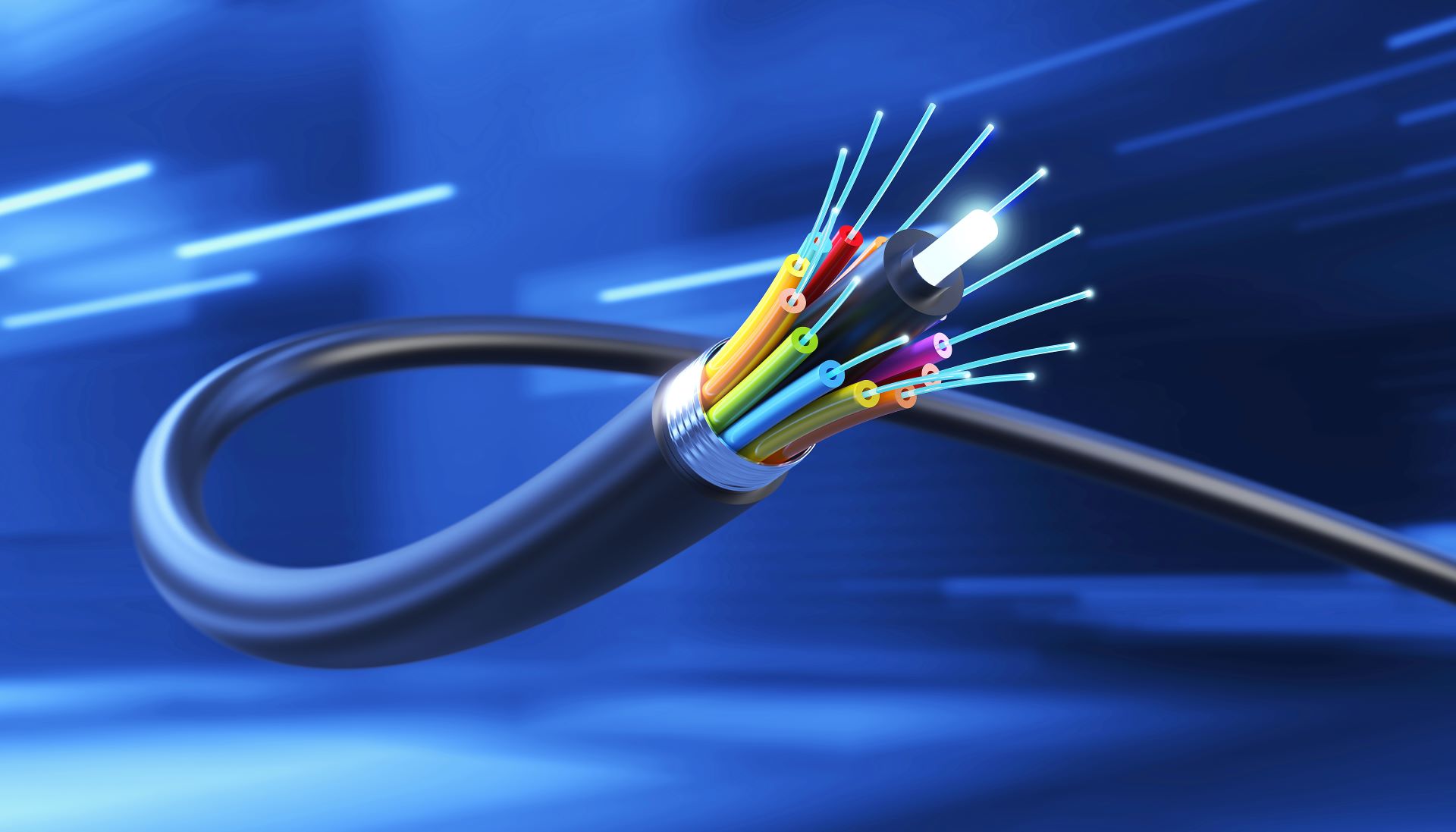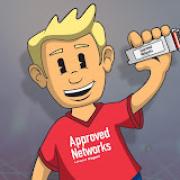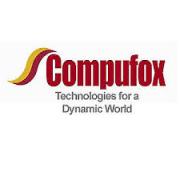Webhosting and Fiber Optics
Web hosting relies heavily on fiber optics for fast and reliable internet connectivity, enabling websites to load quickly and handle large amounts of data, a critical factor for successful online presence.
Here's a more detailed explanation of the relationship between web hosting and fiber optics:
Why Fiber Optics are Crucial for Web Hosting:
- High Speeds and Low Latency:
Fiber optic technology provides extremely fast internet speeds and low latency (minimal delay), which are essential for web hosting. This ensures websites load quickly and users have a smooth browsing experience.
- Reliability:
Fiber optic networks are known for their reliability and minimal downtime, which is crucial for web hosting providers to maintain high uptime for their clients' websites.
- High Bandwidth:
Fiber optic cables can handle large amounts of data transfer, allowing web hosting providers to offer high bandwidth plans to their clients.
- Data Center Infrastructure:
Fiber optic connections are the backbone of modern data centers, where web hosting servers are located. These connections ensure fast and reliable data transmission between the servers and the internet.
- Cloud Hosting:
Fiber optics are essential for cloud hosting, which relies on fast and reliable internet connectivity to deliver services to users.
- Scalability:
Fiber optic infrastructure is scalable, allowing web hosting providers to easily increase their bandwidth and capacity as their business grows.
- Security:
Fiber optic cables are more secure than traditional copper cables because they transmit data as light signals, which are harder to intercept.
- Cost-Effectiveness:
While the initial cost of fiber optic infrastructure can be higher, the long-term benefits of speed, reliability, and scalability make it a cost-effective solution for web hosting providers.
Examples of Fiber Optic Technology in Web Hosting:
- High-Speed Internet Connections:
Web hosting providers use fiber optic connections to connect their servers to the internet, ensuring fast and reliable access for their clients' websites.
- Data Center Connectivity:
Fiber optic cables are used to connect servers within a data center, allowing for fast and efficient data transfer between them.
- Cloud Storage:
Fiber optic networks are used to connect cloud storage services, allowing users to access their data quickly and reliably.
- Virtual Private Servers (VPS):
Fiber optic networks are used to provide high-speed internet connectivity for VPS hosting, allowing users to run their own servers with more control and flexibility.
- Cloud Hosting:
Fiber optics are essential for cloud hosting, which relies on fast and reliable internet connectivity to deliver services to users.
Related categories
Sorry, no videos here.






